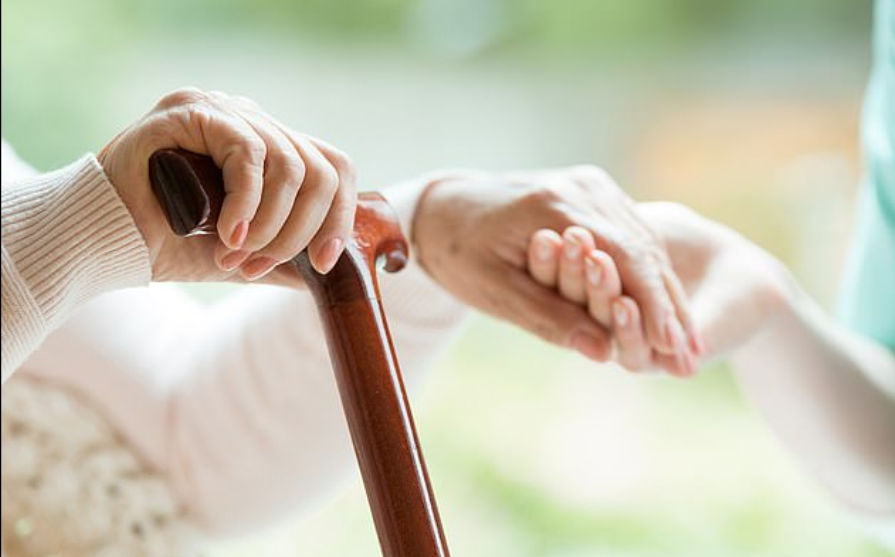Being a caregiver for a loved one isn’t always easy, but at the same time, it can be a wonderfully rewarding experience. Millions of Americans provide unpaid care to someone in their lives — a family member, friend, or neighbor — which means actively putting someone else’s needs first to help ensure their safety, health, and well-being. At Syncare Memory Suites, a specialized private memory care home in Minnesota, we intimately understand the importance of the caregiver role. It’s a role that often takes practice, and if it’s a job you’ve taken on, here are our tips for mastering the five essential caregiver skills.
Effective Communication
The biggest key to a successful caregiving role is communication. Being able to communicate well with whomever you are providing help will ensure that you can provide the level of care they need. That includes being a good listener, avoiding raising your voice simply because someone is older, avoiding speaking too quickly, and ensuring that you’re using clear, simple language. Good communication skills don’t always come naturally, but you can work on improving yours by asking questions, paying careful attention when your loved one speaks, being clear and concise, and practicing or developing the remaining five essential skills outlined below.
Patience
It’s normal to feel frustrated at times in a caregiver’s role. But practicing patience is important for everyone involved. No one deserves to be treated in a condescending manner, and reminding yourself to slow down and breathe can be helpful. Remind yourself that your loved one isn’t being deliberately difficult, and that they deserve your patience and respect in every interaction. It’s not alway easy, but it’s the right approach.
Empathy
It’s easy to develop empathy for someone else when you take the time to consider life from their perspective. What sorts of limitations and challenges do they face on a daily basis? What must that be like for them? Shifting your perspective in this way often helps improve the quality of care and the amount of time you can make for your loved one.
Optimism
A positive outlook can improve almost any situation, and it’s often contagious. Staying optimistic and focusing on the good things leads to much better care for you and your loved one. It’s not always easy, but committing to optimism is a habit that gets easier the more you do it.
Observation Skills & Body Language
High-quality caregiving requires keen observation skills. It’s important to read the situation so you can understand how your loved one is feeling, and that often includes taking cues from body language. Sometimes, body language will be the only clue you have into how your loved one is feeling. Pay attention to nonverbal cues to being building your powers of observation.
Next Steps
The caregiver role is incredibly fulfilling when you understand its importance — making life better, easier, and happier for someone else. Developing the skills we’ve outlined here will make your role as a caregiver easier and more rewarding. If you have questions, we’re here to help. Contact Syncare Memory Suites today, and let’s discuss the difference an experienced caregiver can make in the life of your loved one.

